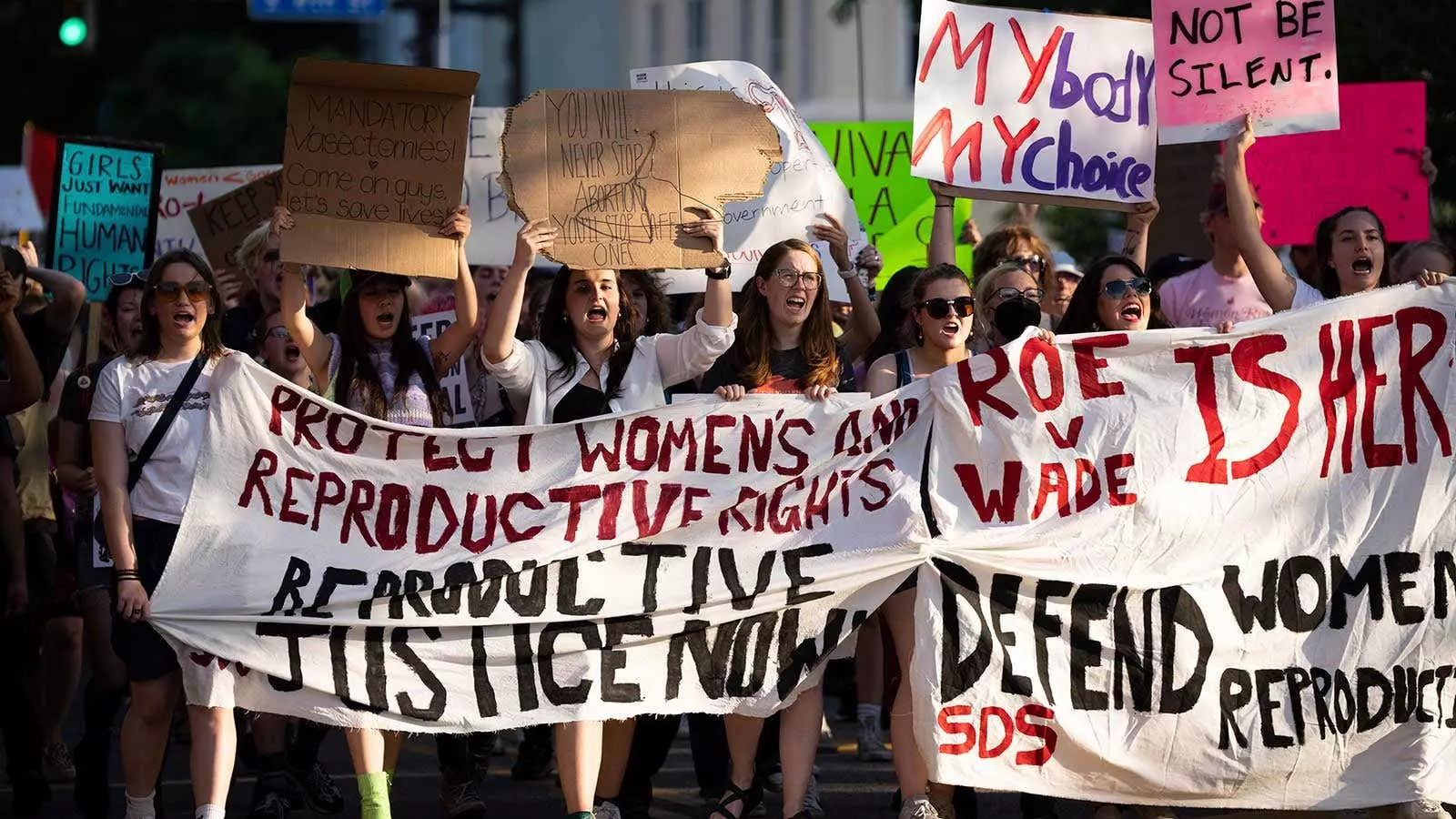The recent ruling by the Minnesota Court of Appeals has put a spotlight on the issue of pharmacists refusing to provide emergency contraceptives based on personal beliefs. The case involves pharmacist George Badeaux, who declined to fill a prescription for emergency contraception for a customer, citing religious reasons. This decision was deemed as discriminatory by a three-judge panel, highlighting a conflict between religious beliefs and business practices.
The crux of the case revolves around the accusation of sex discrimination. The customer, Andrea Anderson, made a 100-mile round trip to obtain the emergency contraception from another pharmacy after being denied by Badeaux. The court ruled that Badeaux’s refusal to dispense the medication was a form of sex discrimination, as it impeded the customer’s access to reproductive healthcare based on her gender.
The implications of this ruling are significant, as it sets a precedent for future cases involving healthcare providers and their refusal to provide certain services. The decision may lead to a legal battle that could ultimately reach the Minnesota Supreme Court. The disagreement between the appeals court ruling and the initial jury verdict underscores the complexities of balancing religious freedom and patient rights in the healthcare setting.
Arguments on Both Sides
The legal battle has prompted a clash between advocates for reproductive rights and those defending religious freedom. Jess Braverman, representing Anderson, emphasized the importance of ensuring access to reproductive healthcare without facing discrimination. On the other hand, Rory Gray, representing Badeaux, argued that the pharmacist’s decision was rooted in his religious beliefs and should be protected as a constitutional right.
Impact on Women’s Health
The refusal to dispense emergency contraceptives can have serious implications for women’s health and access to timely medical care. Delayed access to emergency contraception can result in unwanted pregnancies and potentially restrict women’s reproductive choices. The ruling serves as a reminder of the need to prioritize patient care and ensure that healthcare providers fulfill their obligations to provide necessary medical services.
The legal battle in Minnesota reflects a broader national debate surrounding access to reproductive healthcare. With the recent changes in abortion laws and restrictions in different states, the issue of emergency contraceptives has come to the forefront. The varying policies across states highlight the challenges faced by individuals seeking essential medical services, especially in states with restrictive abortion laws.
The case of the pharmacist refusing to dispense emergency contraceptives sheds light on the intersection of personal beliefs, professional responsibilities, and patient rights. The legal battle underscores the ongoing struggles to balance religious freedom with access to healthcare services. Moving forward, it is essential to find common ground that respects individual beliefs while prioritizing patient care and ensuring equitable access to reproductive healthcare.

Leave a Reply